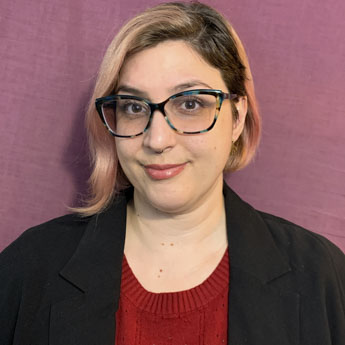Session Information
Description
Recent research, reports, and ministerial policies highlight the importance of making strides toward creating more inclusive FSL classrooms. This can be challenging given the grammatical male–female gender binary in the French language. So how can FSL teachers create gender-inclusive learning environments that move beyond the gender binary? One way is by using gender neutral and/or inclusive language. In this interactive session, we will begin by sharing the results of a survey completed by FSL teachers in FSL Disrupt aiming to learn about how they include (or exclude) conversations, topics, and activities around gender and sexuality in their classrooms. We will address the worries or concerns teachers may have about approaching questions of gender and sexuality in the FSL classroom. To support FSL teachers, we will also discuss the difference between grammatical gender and social gender, provide examples of gender inclusive and neutral language (e.g., the iel pronoun, epicene forms of words, and circumlocution strategies), and provide strategies for addressing resistance or discomfort from students and colleagues. By the end of the session, we hope you leave feeling more confident to use gender neutral and/or inclusive language in your FSL classroom.
Location
Zoom
Presenters

PhD Candidate, University of Ottawa
Rob Grant
Rob Grant (he/him) is a PhD candidate and part-time course instructor at the University of Ottawa, as well as an FSL, English, Photography, and Co-operative Education teacher with the Toronto District School Board. Generally, Rob’s research interests are rooted in creating inclusive spaces for all people in FSL. More specifically, he examines the experiences of queer FSL teachers as they navigate cis-heteronormative spaces and infuse queer-related pedagogies into their language teaching.

Assistant Professor, Université de Sherbrooke
Mimi Masson
As a plurilingual speaker of English, French, Japanese, Spanish, and rudimentary Anishinaabe, Mimi Masson has translated her passion for learning about languages and cultures into an 18-year teaching career in English and French as an Additional Language. She has worked in both the public and private sectors as a teacher, trainer, and curriculum developer, in Japan and Canada, across K–12, higher education, and professional contexts. Mimi is an Assistant Professor at the Faculty of Education at the Université de Sherbrooke. Her research focuses on language teacher identity development via anti-oppressive and anti-racist education. She specializes in using critical discourse analysis and arts-based research methodologies.
